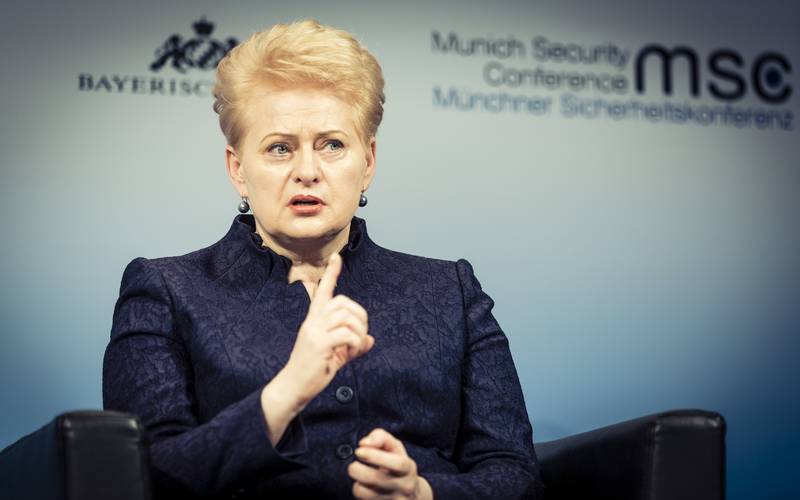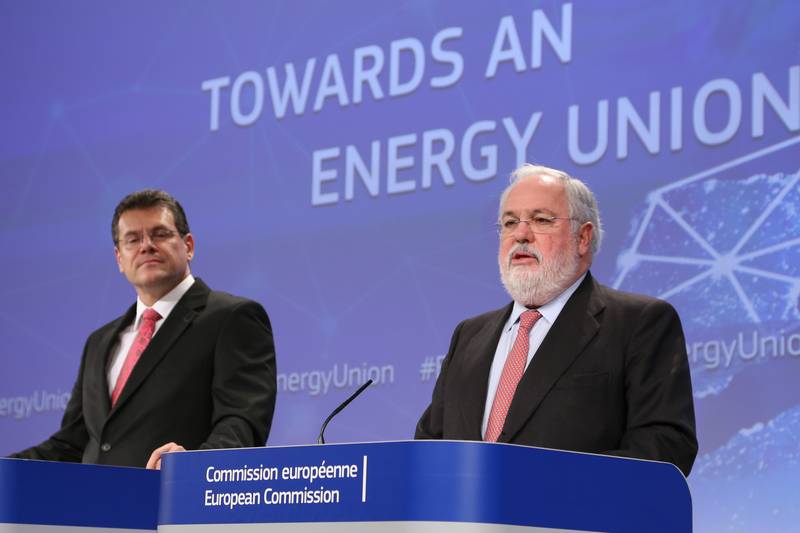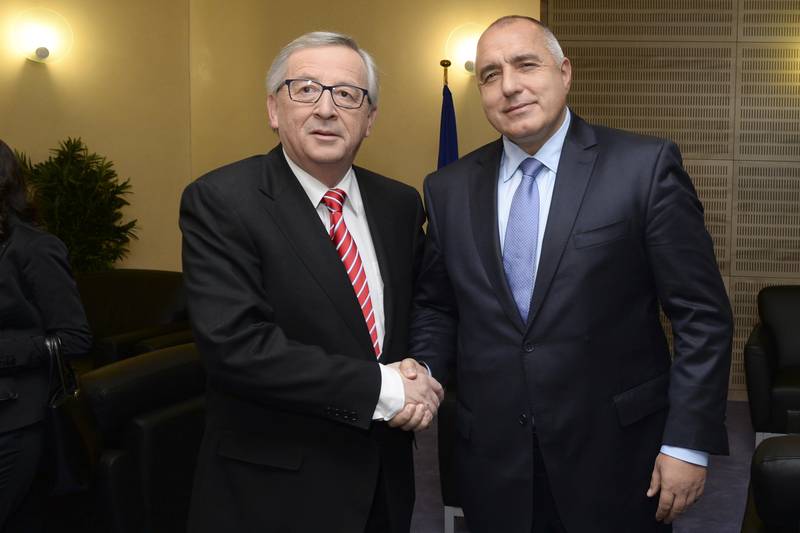Belletristically about Belene
Ralitsa Kovacheva, February 28, 2010
Obviously the Belene project (for the construction of a second nuclear power station in Bulgaria) was caught by the Chinese curse of the interesting times. After months of silence and inaction on the subject, there is some movement in the last days. And it is definitely caused by Russia's pressure. No matter that according to the minister of the economy Traycho Traykov, the issue whether there is a Russian pressure for Belene is a belletristic one. If we remain in the same area and follow the statements on the subject during the course of the week, this is going to be the result:
During Friday's parliamentary inquiries the deputy prime minister and minister of finance Simeon Dyankov threatened that he would not give "even a penny from the budget this, next or even the next after next year" for the construction of the second nuclear power station Belene. Dyankov is definitely right when saying that the project needs a clear financial model and in a situation of a financial and economic crisis there was no money in the budget for the construction of the plant.
However, there is no financial model so far. And it is obviously a crisis. Nevertheless, the work on the plant starts in April, as the ministers of energy of Bulgaria and Russia announced a week ago. Before the MPs Traycho Traykov explained the 2 bn euro Russian loan like this:
"In its essence this is not a loan. But the creditor will receive his money back through the profit of the future project company if there is such. This is a risk which the creditor will take".
In the beginning of the week minister Traykov announced that it was possible for Russia to receive 20% share in Belene and the rest to be paid back in electricity. But on Friday it appeared that "the loan will not be paid in electricity but rather with the profit of an association if there is one and this is a risk the Russian will take".
In the Blog of Economics Gheorghi Anghelov is raising some very sound questions regarding Belene, which still have no reasonable answers:
"The Russian say they will get their 2 bn back when an investor for the project is found. The question is what will happen if there is no investor? Do they expect to get their money back in such a scenario? And if yes, from whom?"
Obviously it is expected from us to be happy with the assurances of this and the former government as well as of the Russian side about the benefits from the project. According to the web site Mediapool, when journalists asked Traycho Traykov what would happen if an investor did not show up, he replied: "What if the Moon falls?"
But in Russia there are no doubts: for the first time the country has the chance to have its own nuclear power station abroad (according to a famous Russian saying "a hen is not a bird and Bulgaria is not abroad"). If you read the Kommersant daily, the thought of asking additional questions will never cross your mind.
Not less determined and specific was the US ambassador to Bulgaria James Warlick. He commented that energy security could be achieved only through transparency and diversification of sources and energy projects should be assessed by their economic benefits and should not be a subject of pressure.
And in Bulgaria if we receive answers about Belene in such a determined and specific style, the issue might finally pass over from belletristics to where it belongs - the economy.
 Dalia Grybauskaite | © MSC/Koerner
Dalia Grybauskaite | © MSC/Koerner Maros Sefcovic, Miguel Arias Canete | © European Commission
Maros Sefcovic, Miguel Arias Canete | © European Commission Jean-Claude Juncker, Boyko Borissov | © European Commission
Jean-Claude Juncker, Boyko Borissov | © European Commission